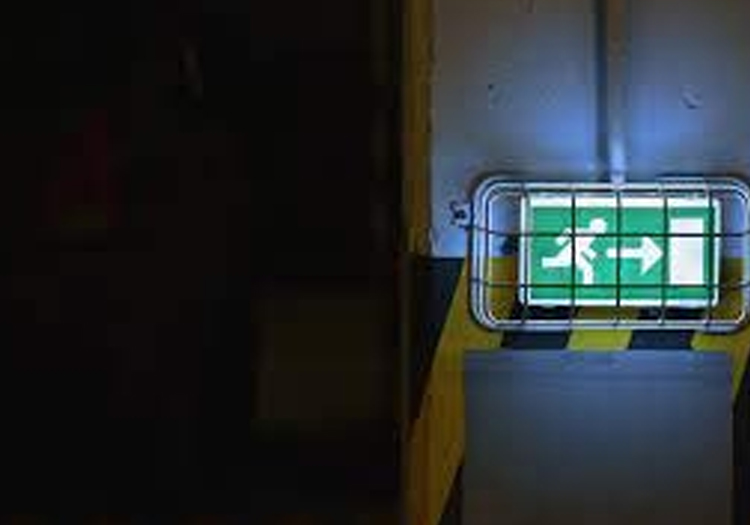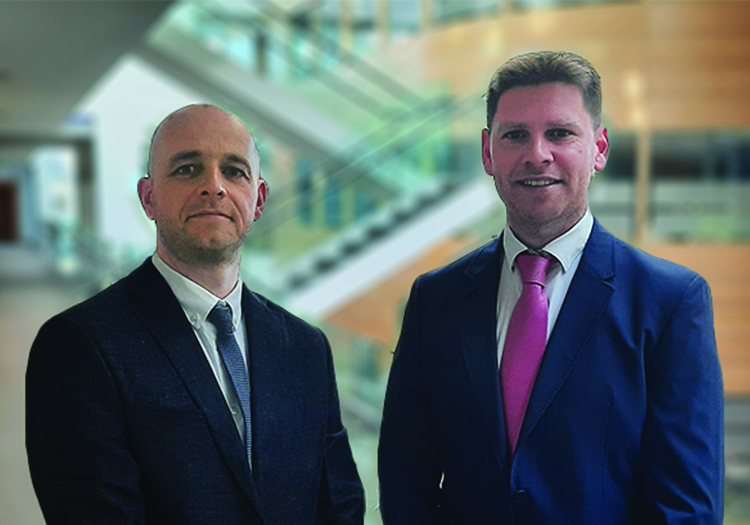
How Does Self-testing Emergency Lighting Work?
At Varming Consulting Engineers Ltd., we’ve been working in the Irish construction industry since the mid-1940s, so our mechanical and electrical engineers have a comprehensive knowledge of all traditional modern techniques and systems. Today, we talk about one in particular – self-testing emergency lighting.
Essentially, as the name suggests, self-testing emergency lighting is a system that automatically checks itself to ensure that the battery and lamp inside each and every emergency light are 100% operational. Should an issue be detected, this will show up as a visual or audible warning – with everything complying to BS5266.
Replacing Monthly & Annual Manual Testing
This auto-self-testing feature is something that replaces monthly and annual manual tests, meaning that less building disruption is caused and working hours are saved. As an intelligent piece of building design tech, it’s even able to indicate the nature of the fault, so that it can be resolved in the appropriate way.
Building services design consultants understand the need to meet fire regulations and a self-testing emergency system like this is one of the most time/cost-efficient ways to ensure that you do. The process requires virtually no input from the user either and replacing legacy systems with this new type is quite easy.
As we alluded to previously, our M & E consulting engineers are well versed in the kinds of systems and we used self-testing emergency lighting in the €2,500,000 14-bed emergency Critical Care Ward project at University Hospital Limerick in 2020.
Get In Touch to Discuss Your Next Project
Self-testing emergency lighting is just one of a wide array of systems we use to achieve the best possible outcomes on our client projects. If you’d like to know more about us as a company or see our past work, simply visit us online today at www.varming.ie where you’ll find everything you need.
Alternatively, should you wish to discuss details of an upcoming project, we’ll be delighted to see how we can help. To get in touch, just call us on 01 4872300 and a member of our expert team will give you the advice you need.

